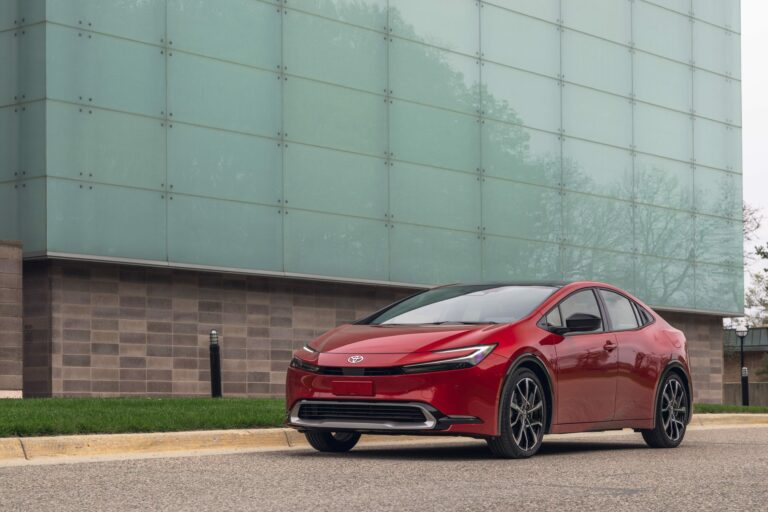Why Consider an Electric Vehicle?
Electric cars are efficient, typically inexpensive to run, and require limited maintenance. The future of automobiles is predicted to be heavily reliant on battery-electric propulsion, but the industry is currently in a state of transition with some challenges to overcome.
What Defines an Electric Car?
In today’s automotive landscape, an electric car is defined as a passenger vehicle that uses an electric drive motor for propulsion. This broad definition includes hybrid vehicles. A hybrid, such as the Toyota Prius, burns fossil fuel to power its internal-combustion engine, which helps generate electricity for the electric drive motor. Plug-in hybrid vehicles (PHEVs) add the option to charge from an external power source, allowing for short-range operation on battery power alone.

For those seeking emission-free electric driving, options include hydrogen fuel-cell electric vehicles (HFCVs) and battery-electric vehicles (BEVs). HFCVs use onboard fuel cells to produce electricity by reacting hydrogen with oxygen, emitting mostly water vapor. However, the limited hydrogen infrastructure in the U.S. makes HFCVs impractical outside of California.

BEVs, on the other hand, feature an integrated charge port and have no internal-combustion engine. They typically have larger-capacity battery packs, allowing them to go further on a full charge. Examples include various models from manufacturers like Volvo and Ford.

Pros and Cons of Partial Electrification
Pros:
- Hybrids deliver better fuel economy without requiring lifestyle changes.
- PHEVs are suitable for the average commute, allowing for electric-only driving for short distances.
- Charging is less of a concern as hybrids and PHEVs can fall back on their gasoline engines.
Cons:
- Hybrids still require combustion engine maintenance.
- They continue to burn fossil fuels, producing harmful emissions.
Pros and Cons of Hydrogen Fuel-Cell Electric Vehicles
Pros:
- The technology works, offering a significant range and quick refueling.
- HFCVs provide smooth and refined performance.
Cons:
- The hydrogen infrastructure is underdeveloped, limiting their practicality.

Pros and Cons of Battery-Electric Vehicles
Pros:
- BEVs offer excellent performance and power delivery due to the instant torque of electric motors.
- They provide clean motoring with zero tailpipe emissions.
- BEVs require less maintenance compared to vehicles with internal combustion engines.
Cons:
- Battery replacement can be expensive, although prices are expected to decrease.
- Charging infrastructure remains a challenge, particularly when towing.

In conclusion, electric vehicles offer various benefits and drawbacks depending on their type. As the industry continues to evolve, understanding these factors will be crucial for consumers considering a switch to electric vehicles.



